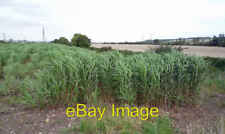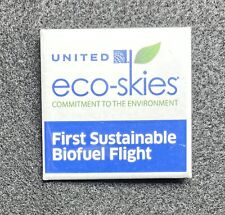
A detailed new study on greenhouse gas emissions from oil palm plantations has calculated a more than 50 percent increase in levels of carbon dioxide emissions than previously thought – and warns that the Western world’s demand for “green” biofuels could be costing the Earth. The findings, by researchers at the University of Leicester (UK), have been published as an International White Paper from the ICCT and add to a growing body or work that questions the sustainability of biofuels.
The new work represents the first comprehensive review – including an assessment of the scientific methods used to derive emissions estimates – of the scale of greenhouse gas emissions from oil palm plantations on tropical peatland in Southeast Asia. Previous studies, contend the University of Leicester researchers, were based on limited data without appropriate recognition of uncertainties and these studies have erroneously been used to formulate current biofuel policies.
The Leicester team shows that the scale of greenhouse gas emissions from oil palm plantations on peat is significantly higher than previously assumed. They concluded that a value of 86 tonnes of carbon dioxide (CO2) per hectare per year (annualized over 50 years) is the most robust currently available estimate; compared with previous estimates of around 50 tonnes of CO2 per hectare per year. “CO2 emissions increase further if you are interested specifically in the short term greenhouse gas implications of palm oil production – for instance under the European Union Renewable Energy Directive which assesses emissions over 20 years, the corresponding emissions rate would be 106 tonnes of CO2 per hectare per year,” they note.
“This research shows that estimates of emissions have been drawn from a very limited number of scientific studies, most of which have underestimated the actual scale of emissions from oil palm. These results show that biofuels causing any significant expansion of palm on tropical peat will actually increase emissions relative to petroleum fuels. When produced in this way, biofuels do not represent a sustainable fuel source,” said Leicester’s Ross Morrison.
The paper has important implications for European Union policies on climate and renewable energy sources. “It is important that the full greenhouse gas emissions ‘cost’ of biofuel production is made clear to the consumer, who may otherwise be mislead into thinking that all biofuels have a positive environmental impact. In addition to the high greenhouse gas emissions associated with oil palm plantations on tropical peatlands, these agro-systems have also been implicated in loss of primary rainforest and associated biodiversity, including rare and endangered species such as the orang-utan and Sumatran tiger,” Page warned.
“Our study has already been accepted and used by several scientists, NGOs, economists and policy advisors in Europe and the USA to better represent the scale of greenhouse gas emissions from palm oil biodiesel production and consumption,” she added. “This is essential in identifying the least environmentally damaging biofuel production pathways, and the formulation of national and international biofuel and transportation policies.”
Related:
Discuss this article in our forum
Win-win for sugarcane biofuel crops
Race On To Increase Biofuel Yields
“Ethanol subsidies a poor investment economically and environmentally,” study finds


















Comments are closed.